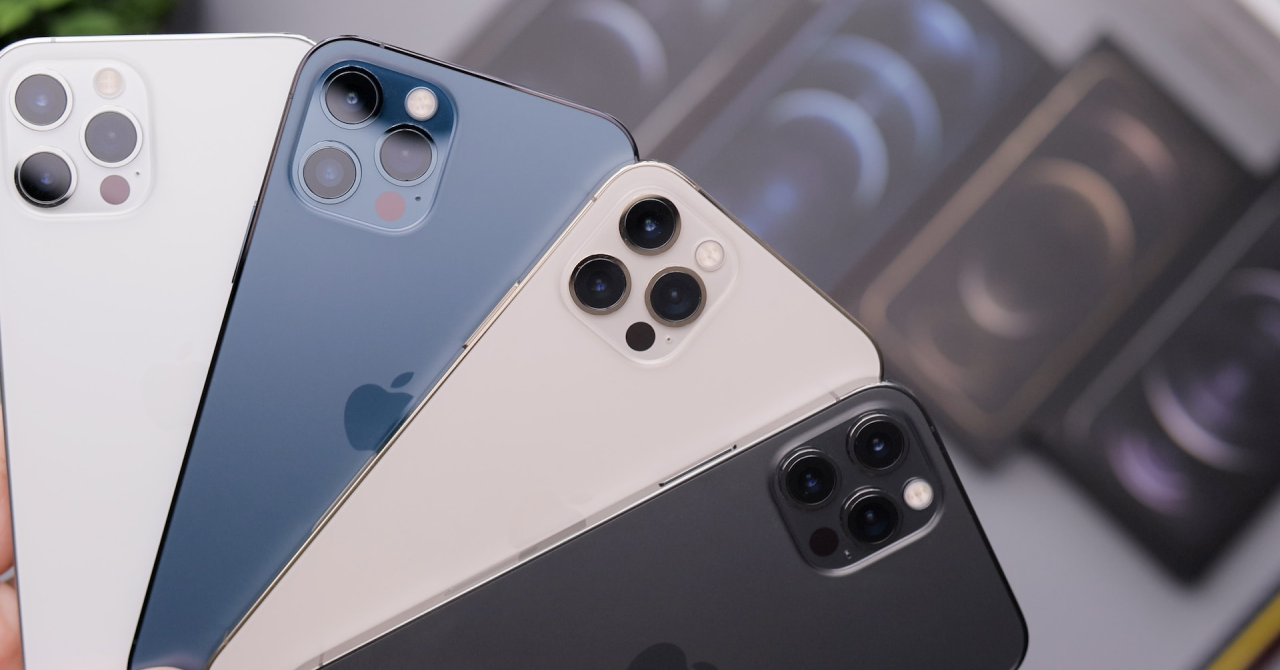Such a law could have great benefits, not only for the user experience, but it could also extend the operational lifespan of the average smartphone.
Euronews.green argues that the law, if it is enforced by authorities, could save millions of mobile devices on the continent from reaching landfills. This is because every year, some 150 million smartphones are being thrown away, so by making the battery more easily accessible, this number could be dramatically decreased.
Replacing a phone battery in current smartphones is a hassle that requires special tools and even skills to do so properly, as new phones have glue under the batteries and even special gaskets to keep water from reaching the cell.
There are exceptions, of course, with Fairphone and Nokia being two manufacturers who make it easier for users to replace the lithium-ion cells found inside their phones.
MEP Achille Variati said that "for the first time, we have circular economy legislation that covers the entire life cycle of a product - an approach that is good for both the environment and the economy."
EU set some more rules regarding the use of batteries inside electronic devices and not only. One of them is that, for any rechargeable cell above 2kWh, manufacturers will need to provide a carbon footprint declaration, a label and a digital passport.
Also, regarding the recycling of used batteries, by 2031, 61% of the waste cells must be recovered and 95% of the materials found within those batteries must be recycled, with these rules expected to come into force in 2027.
 Mihai - Cristian Ioniță
Mihai - Cristian Ioniță












Any thoughts?